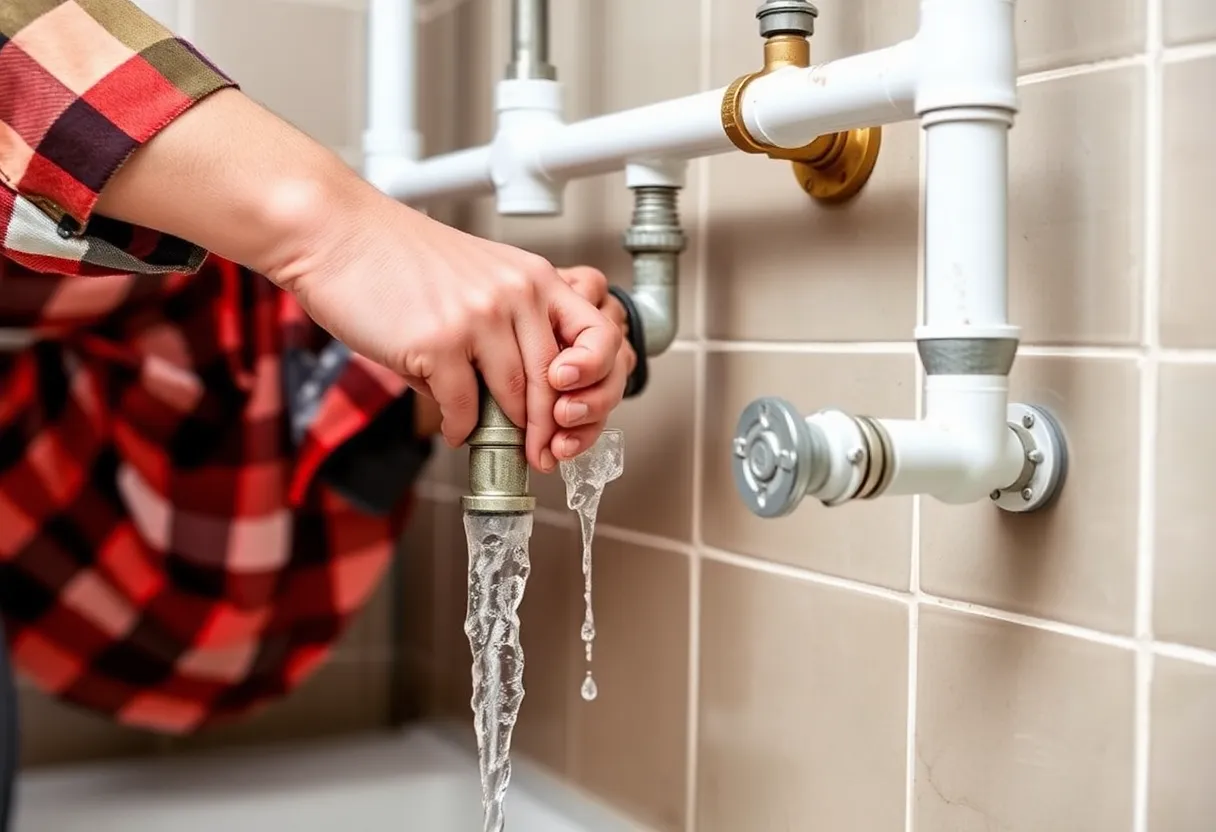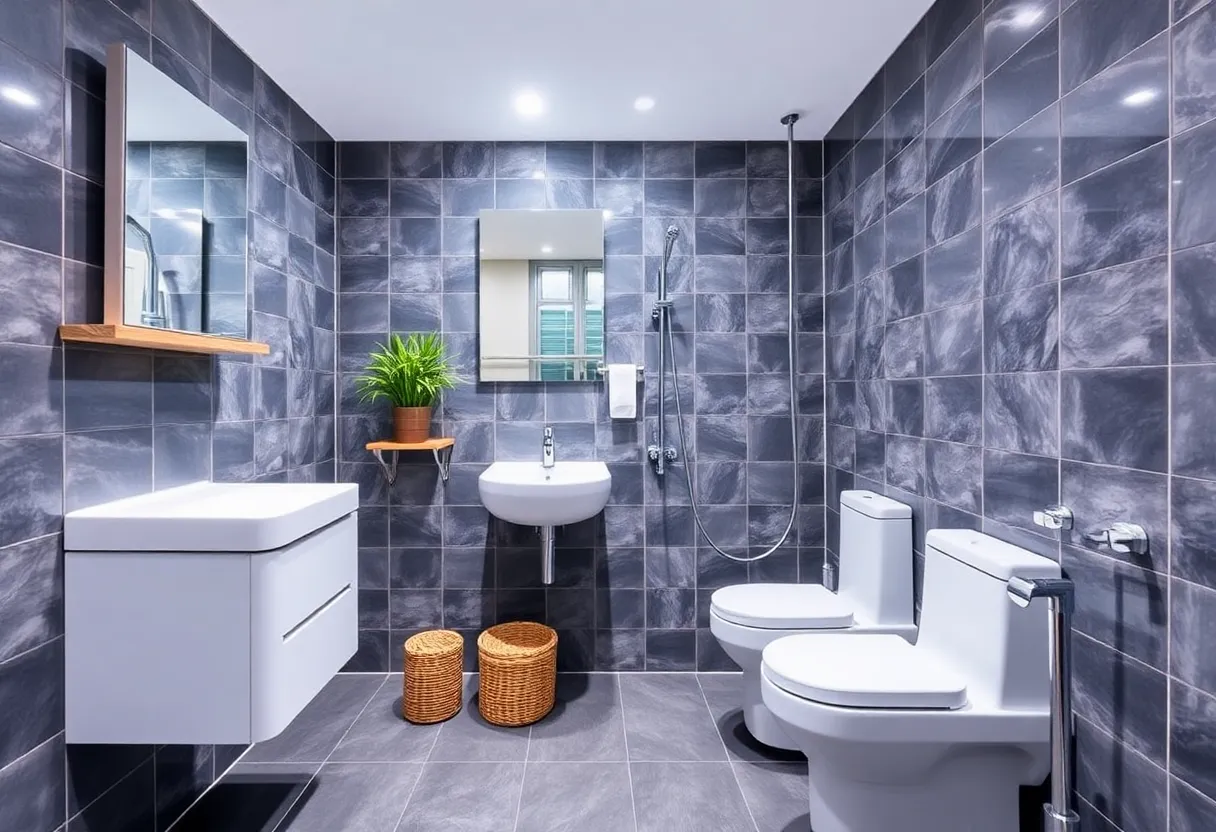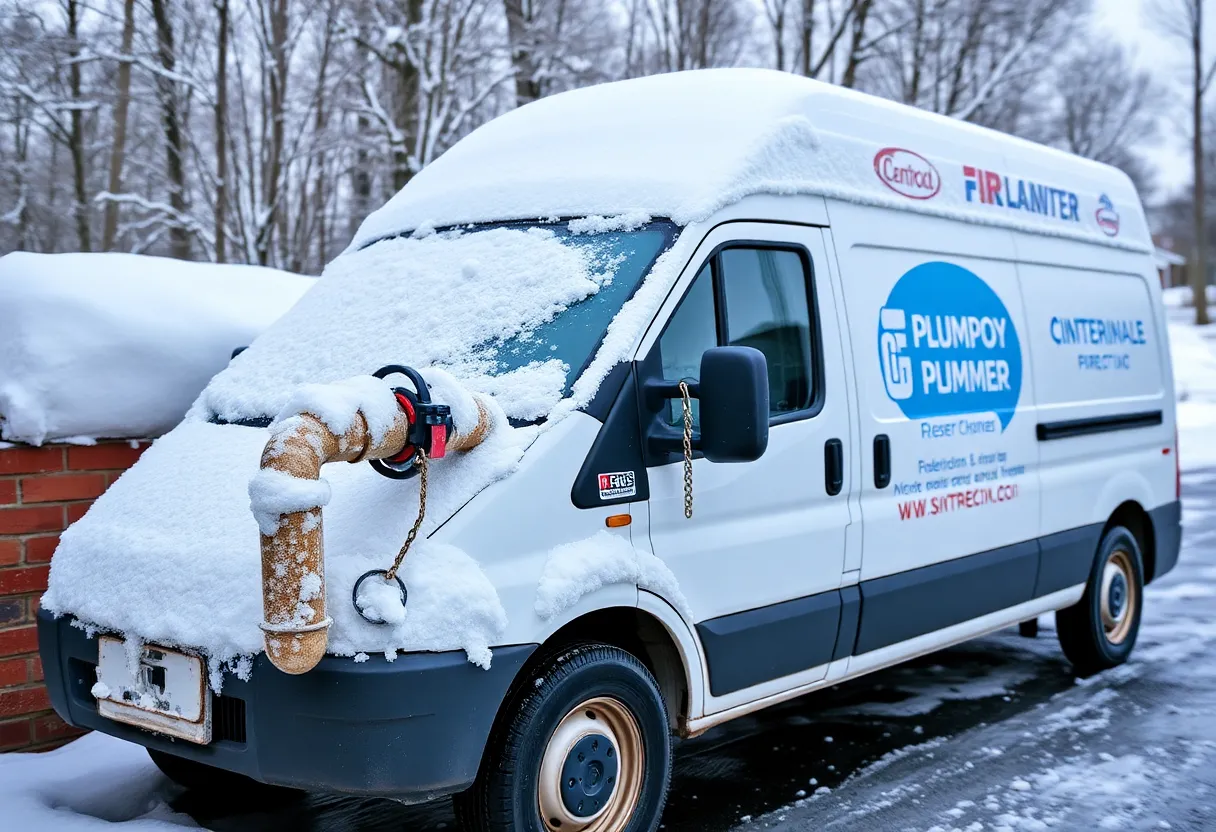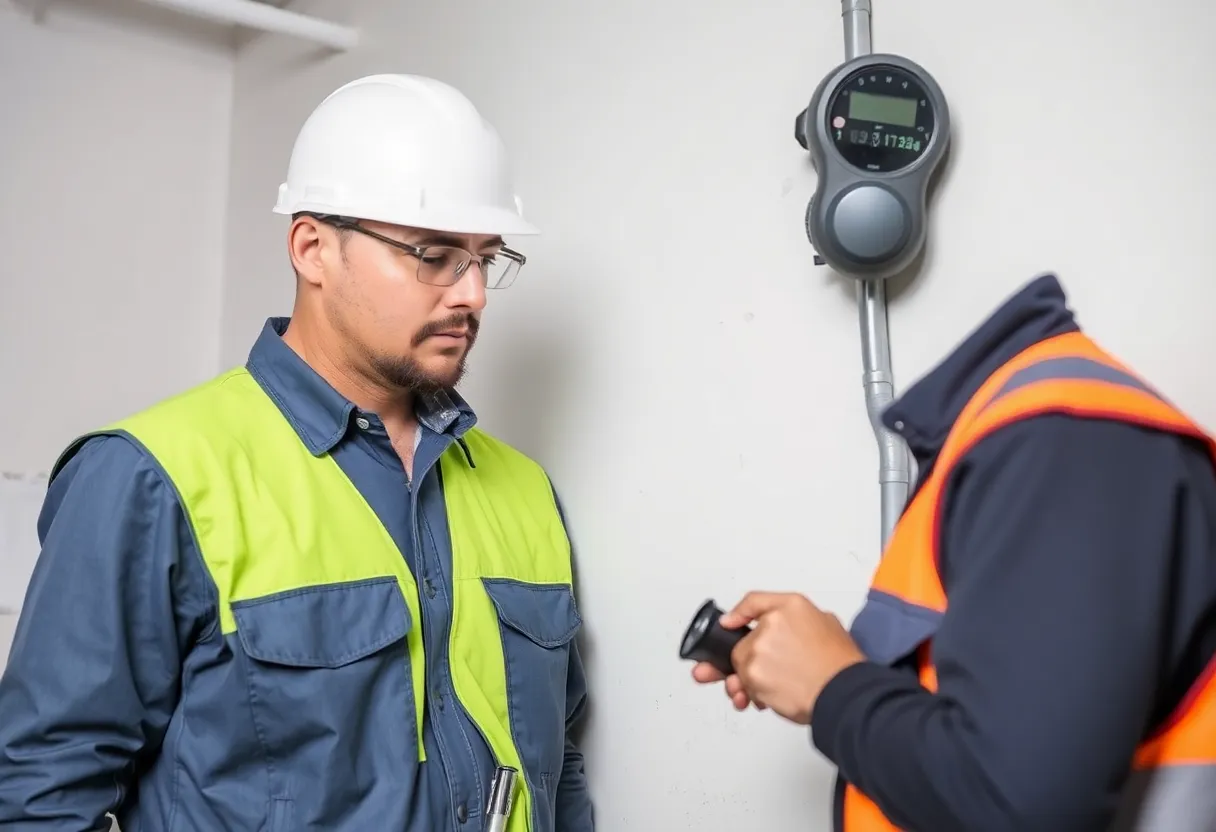The Water Whisperer’s Guide: 10 Expert Secrets to Prevent Costly Plumbing Disasters
Plumbing disasters can strike with little to no warning, often leaving homeowners feeling overwhelmed and financially drained. Preventing these issues before they escalate is the key to maintaining a sound plumbing system in your home. The following guide breaks down expert secrets that can help you protect your plumbing system from expensive problems.
Secret 1: Know the Layout of Your Plumbing System
Understanding your home’s plumbing layout is vital. Here are steps to enhance your comprehension:
- Locate Main Water Shut-off Valve: Familiarize yourself with where the main water shut-off valve is located. In case of a leak or burst pipe, knowing where to turn the water off quickly can save you from major damage.
- Identify Key Plumbing Fixtures: Take note of other crucial plumbing fixtures in your home, such as water heaters, sump pumps, and toilet systems. This knowledge can help you troubleshoot minor issues before they become significant disasters.
Secret 2: Regular Maintenance Checks
Like any system, regular maintenance can extend the life of your plumbing. Follow these simple maintenance tips:
- Inspect for Leaks: Regularly check for visible leaks under your sinks, around your toilets, and near your water heater. If you see water pooling or signs of moisture, it’s time to investigate further.
- Test Your Sump Pump: If you have a sump pump, test it periodically, especially before the rainy season. Pour a bucket of water into the sump pit to make sure it activates and pumps efficiently.
Secret 3: Be Mindful of What Goes Down the Drain
The items you send down your drains can drastically impact plumbing health. Here are some guidelines:
- Avoid Grease and Fats: Never pour grease, fats, or oils down the drain as they can solidify in pipes and lead to clogs.
- Use Drain Screens: Install screens over drains to catch hair and debris. This small step can prevent the progression of clogs and subsequent backups.
Secret 4: Protect Pipes from Freezing
In colder climates, protecting your plumbing from freezing temperatures is crucial:
- Insulate Pipes: Insulate exposed pipes in unheated areas of your home, such as basements and garages, to minimize the risk of freezing.
- Let Faucets Drip: During extremely cold temperatures, let your faucets drip slightly to keep water circulating and reduce pressure within the pipes, preventing freezes.
Secret 5: Know Your Water Pressure
Excessively high water pressure can stress pipes and fixtures:
- Check Water Pressure Regularly: Invest in a water pressure gauge to monitor levels. Ideal water pressure is usually between 40 and 60 psi. Anything over 90 psi should be addressed.
- Regulate Pressure with a Pressure Reducer: If your home has high water pressure, installing a pressure-reducing valve can help maintain safer levels.
Secret 6: Flush Your Water Heater
Hard water can lead to mineral buildup in your water heater:
- Annually Flush the Heater: Flushing your water heater at least once a year will help eliminate sediment buildup, which can interfere with efficiency and lifespan.
- Inspect the Anode Rod: The anode rod should also be checked every few years. Replacing it when necessary can extend the life of your water heater.
Secret 7: Mind the Age of Your Plumbing Fixtures
If your home is older, you may have outdated plumbing fixtures that can lead to costly issues:
- Know the Lifespan of Your Fixtures: Plumbing components like pipes (especially galvanized steel or old iron) have a lifespan of typically 50 to 100 years. Regularly check for signs of wear and consider replacement if needed.
- Upgrade to Modern Materials: Transitioning to modern plumbing materials, such as PEX, can enhance efficiency and reduce the risk of leaks or corrosion.
Secret 8: Maintain Your Toilets
Toilets can often be overlooked yet can cause major plumbing headaches when not properly maintained:
- Replace Old Flappers: A leaky flapper can waste a substantial amount of water. Regularly checking and replacing a worn flapper can help prevent unnecessary water bills.
- Adjust Float Levels: Ensuring proper float levels in your toilet tank can help achieve adequate flush pressure and prevent water waste.
Secret 9: Be Cautious with DIY Repairs
While DIY projects can save money, taking the wrong approach can lead to bigger problems:
- Know Your Limits: If you are uncertain about how to fix a plumbing issue, it’s best to consult a professional. Cutting corners can lead to more significant damage than the original problem.
- Use the Right Tools: Investing in the correct plumbing tools can make repairs easier and more efficient. Using makeshift tools can lead to mistakes.
Secret 10: Emergency Preparedness
No matter how cautious you are, plumbing emergencies can still occur. Be prepared:
- Create a Plumbing Emergency Kit: Stock essential items such as plumbing tape, a pipe wrench, a plunger, and a flashlight. Being prepared can help you address minor issues quickly.
- Have Emergency Contacts: Keep a list of reliable and trusted plumbing service providers readily available. Quick access to professionals can reduce the chaos of an emergency.
Conclusion
By incorporating these expert secrets into your routine, you can significantly reduce the chances of experiencing costly plumbing disasters. Regular maintenance, being aware of your plumbing layout, and taking preventative measures can position you ahead of potential issues. Remember that small actions today can save you from substantial expenses tomorrow.









